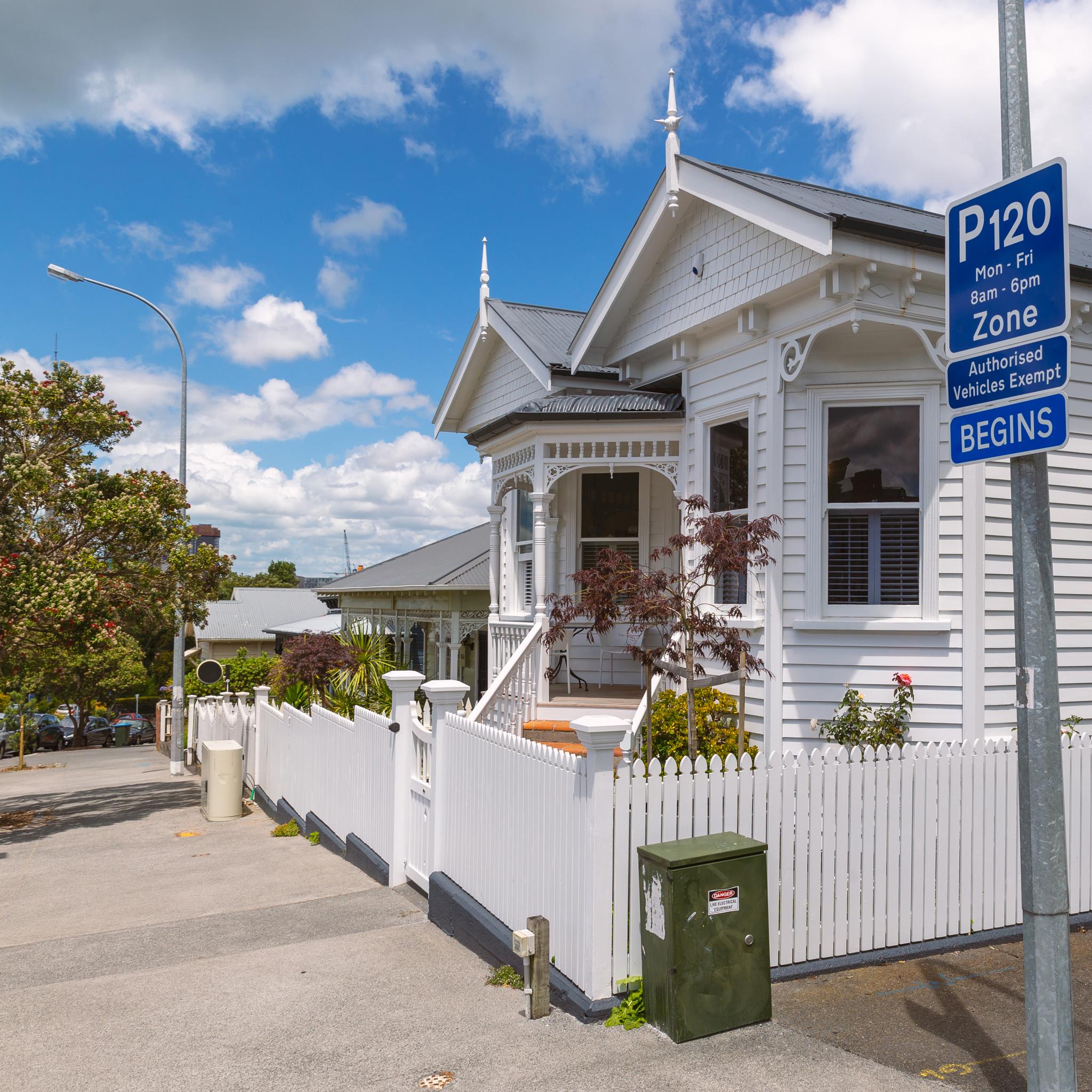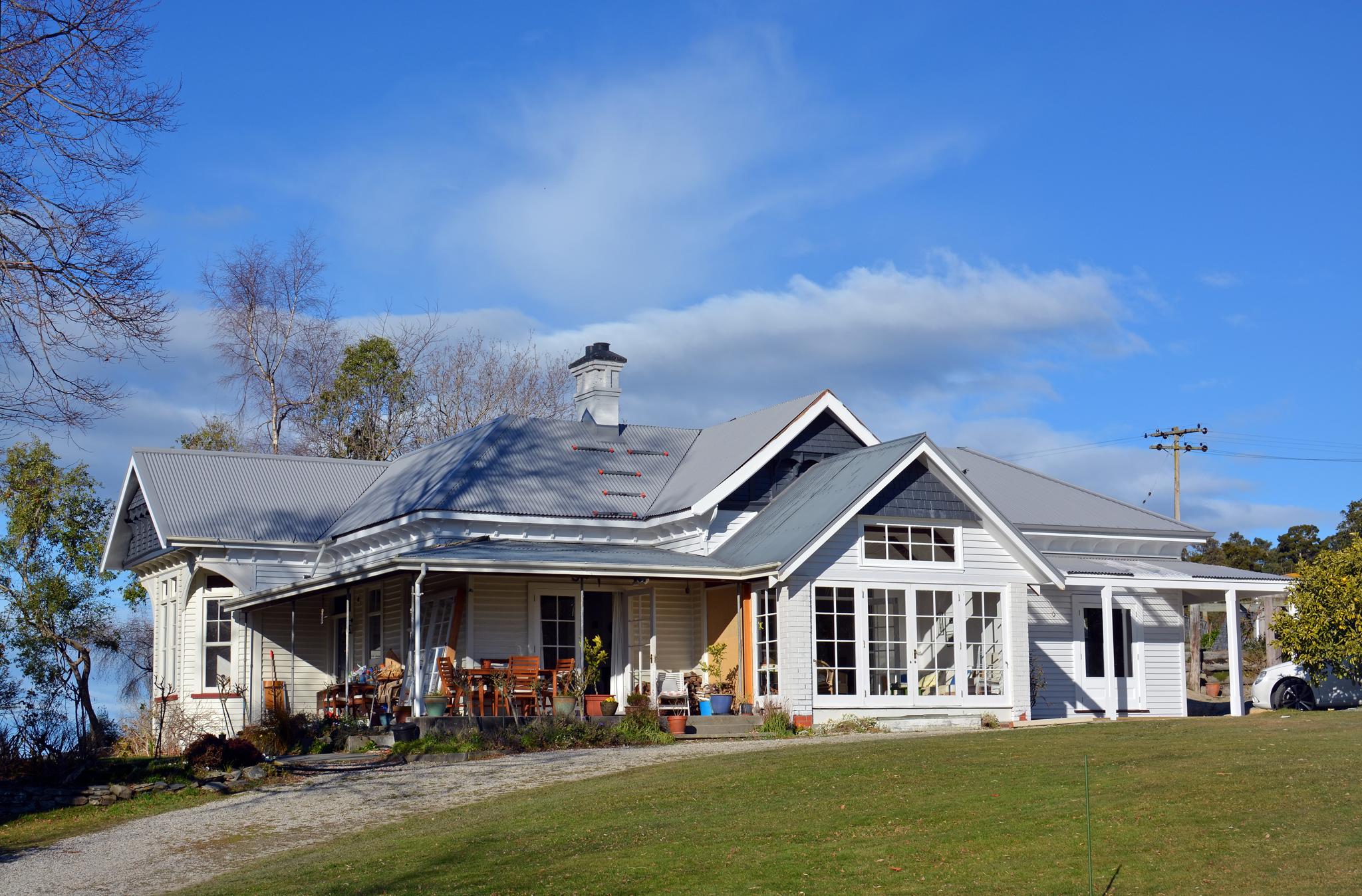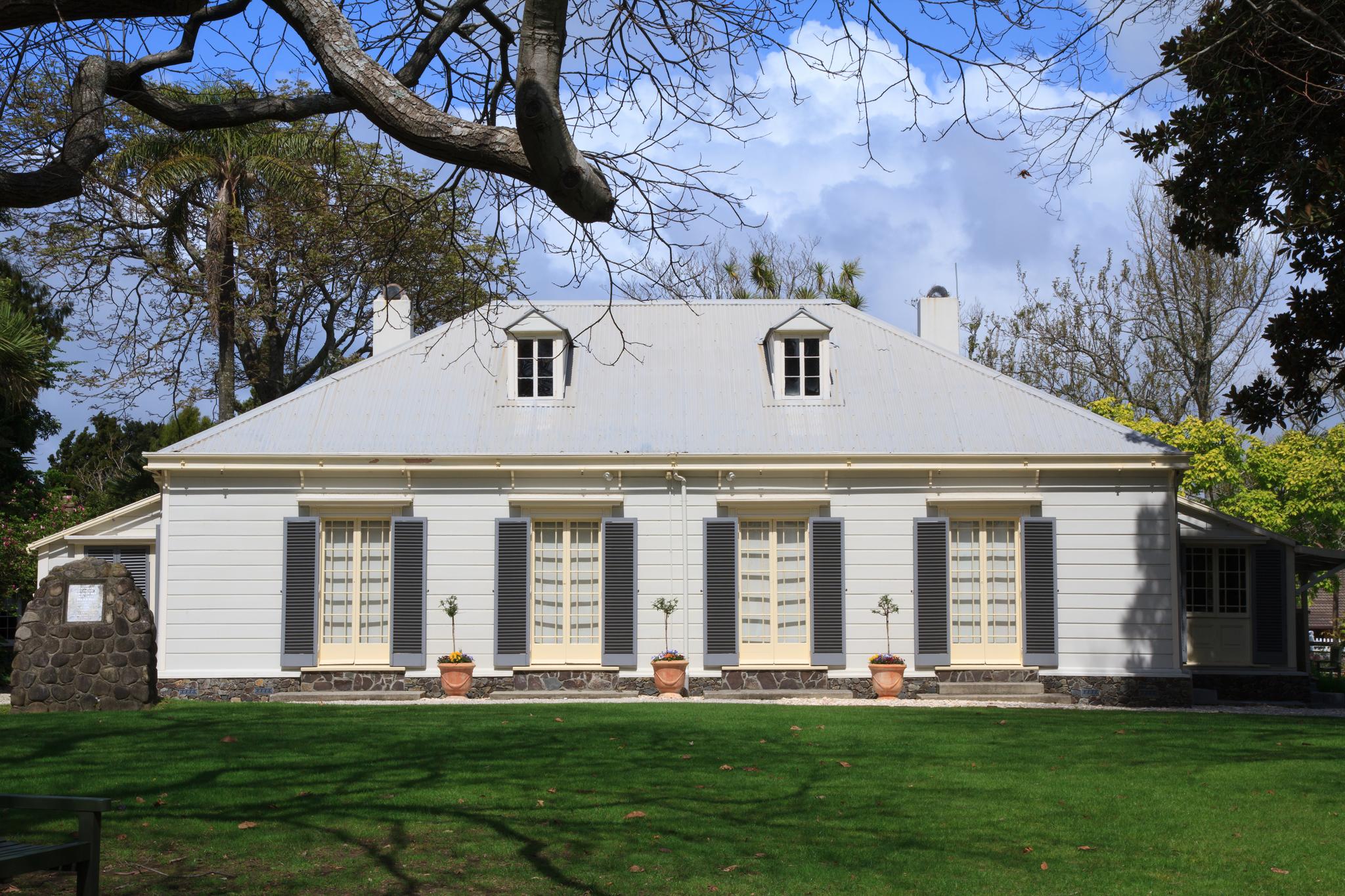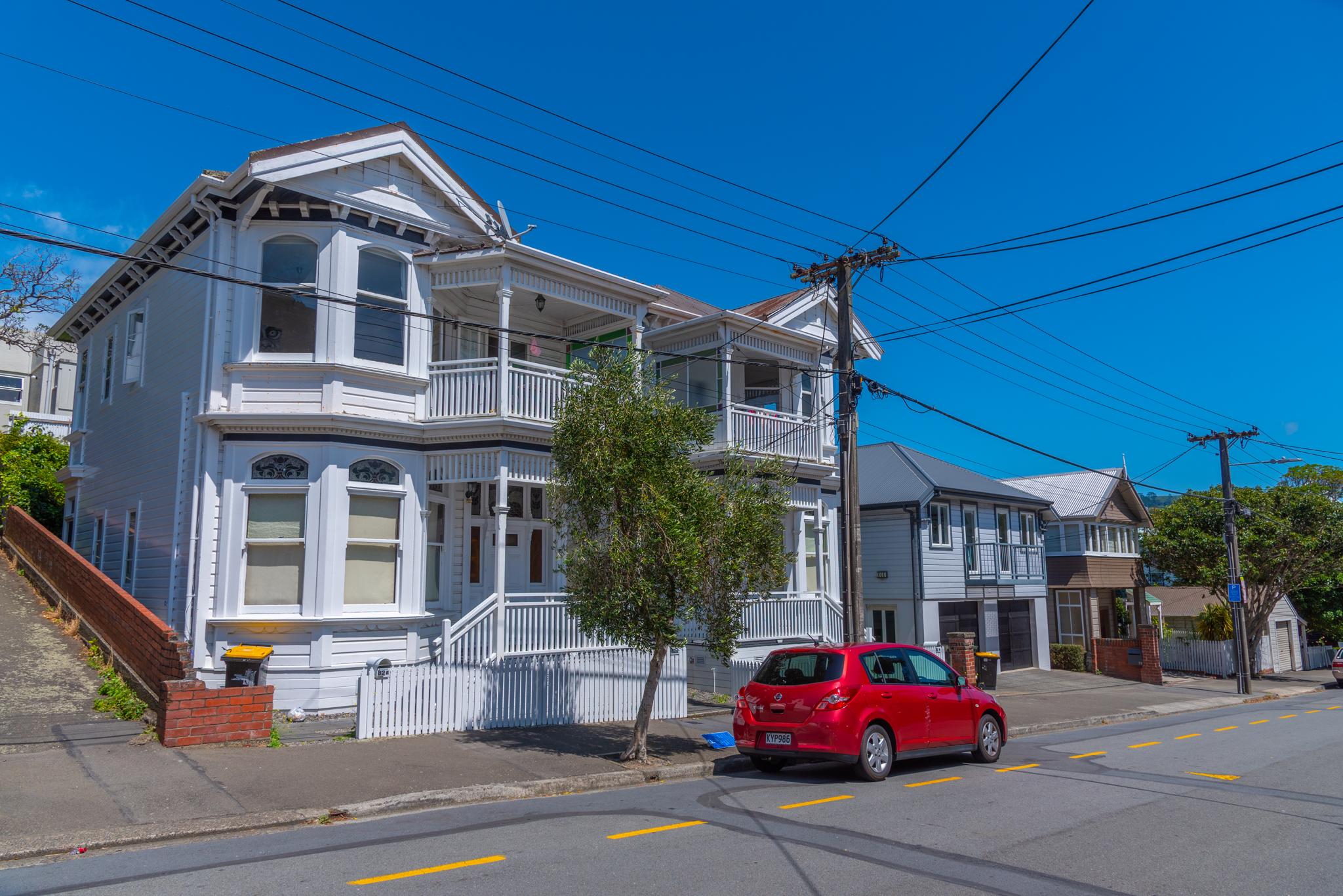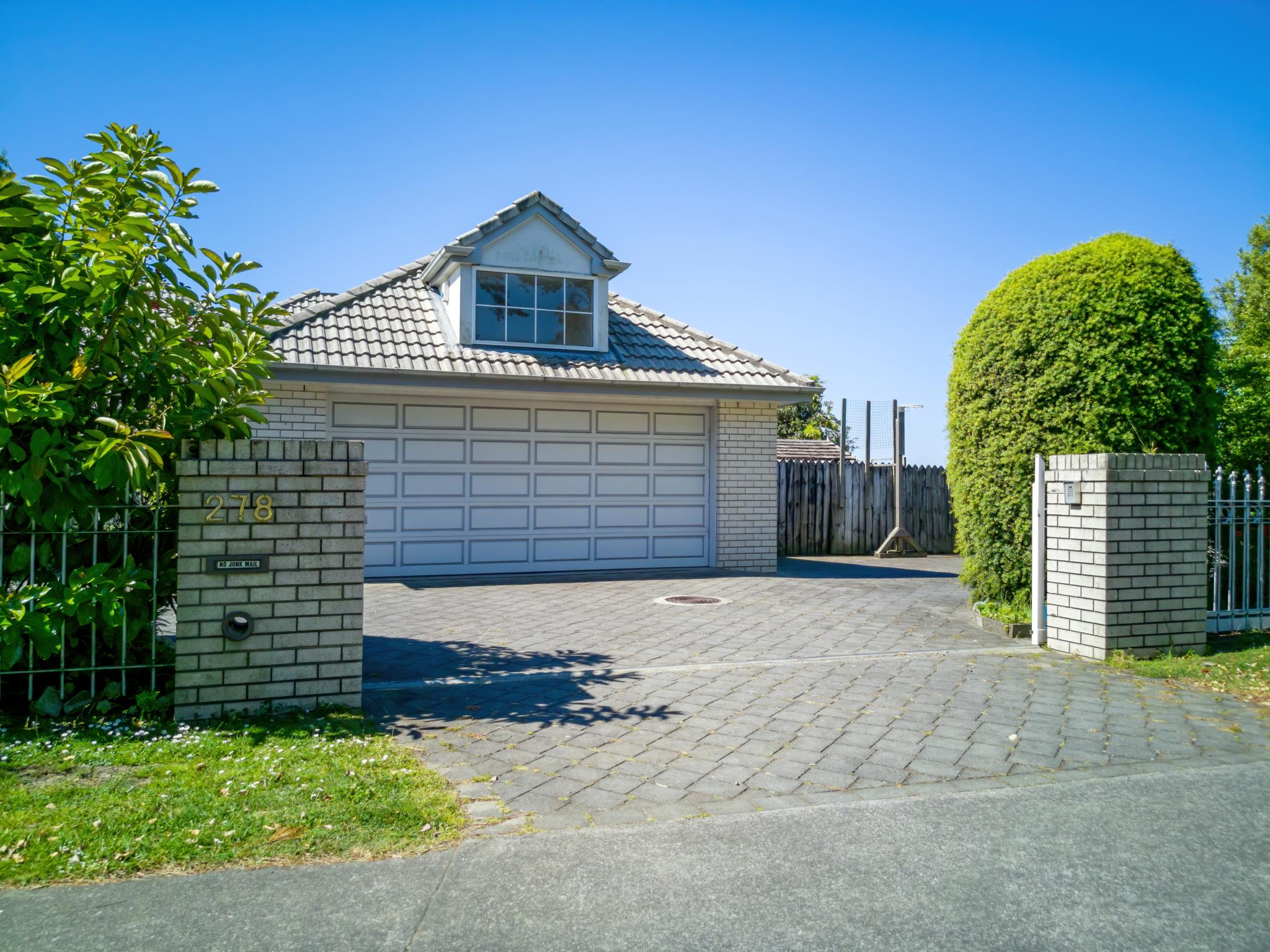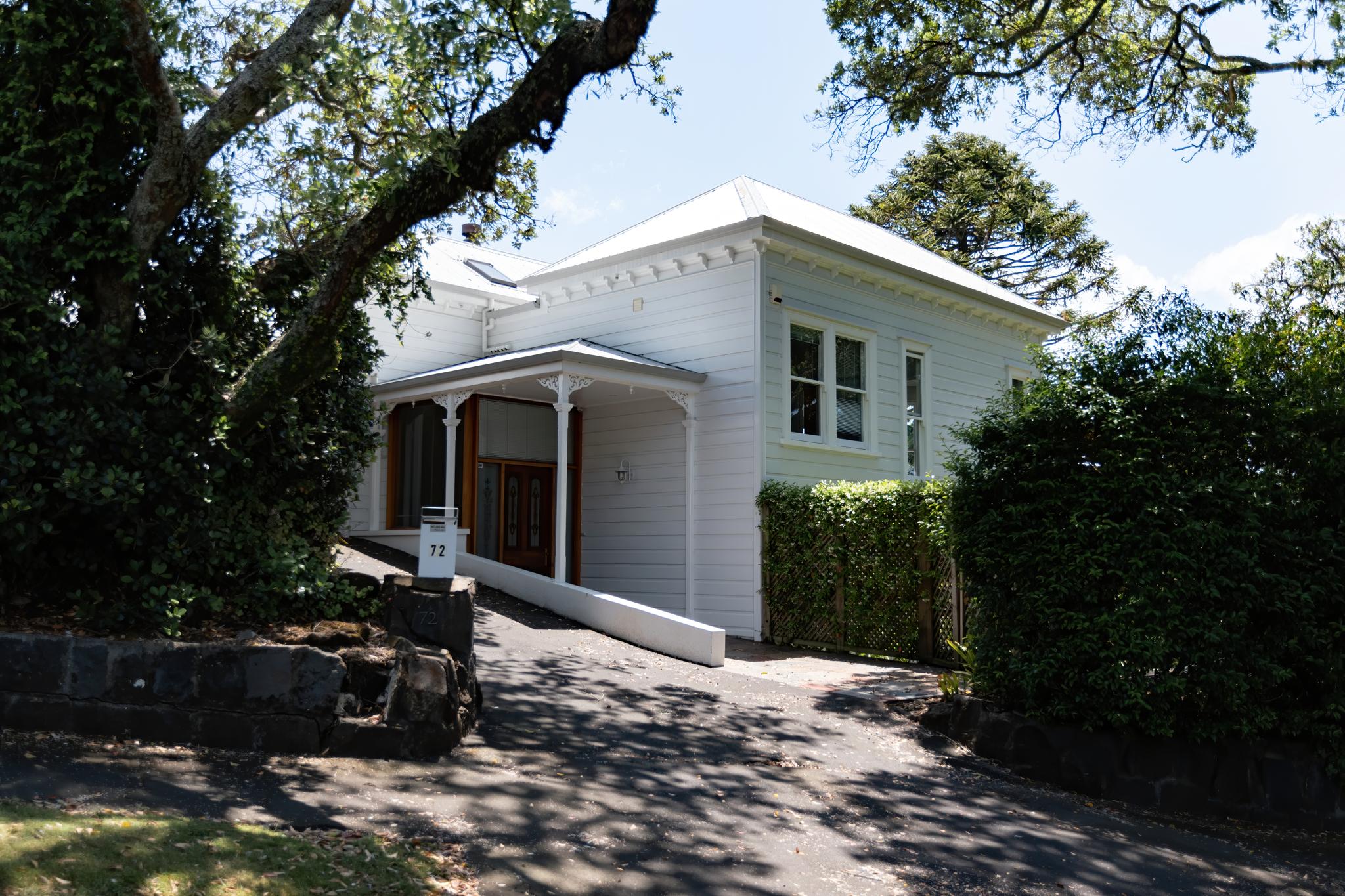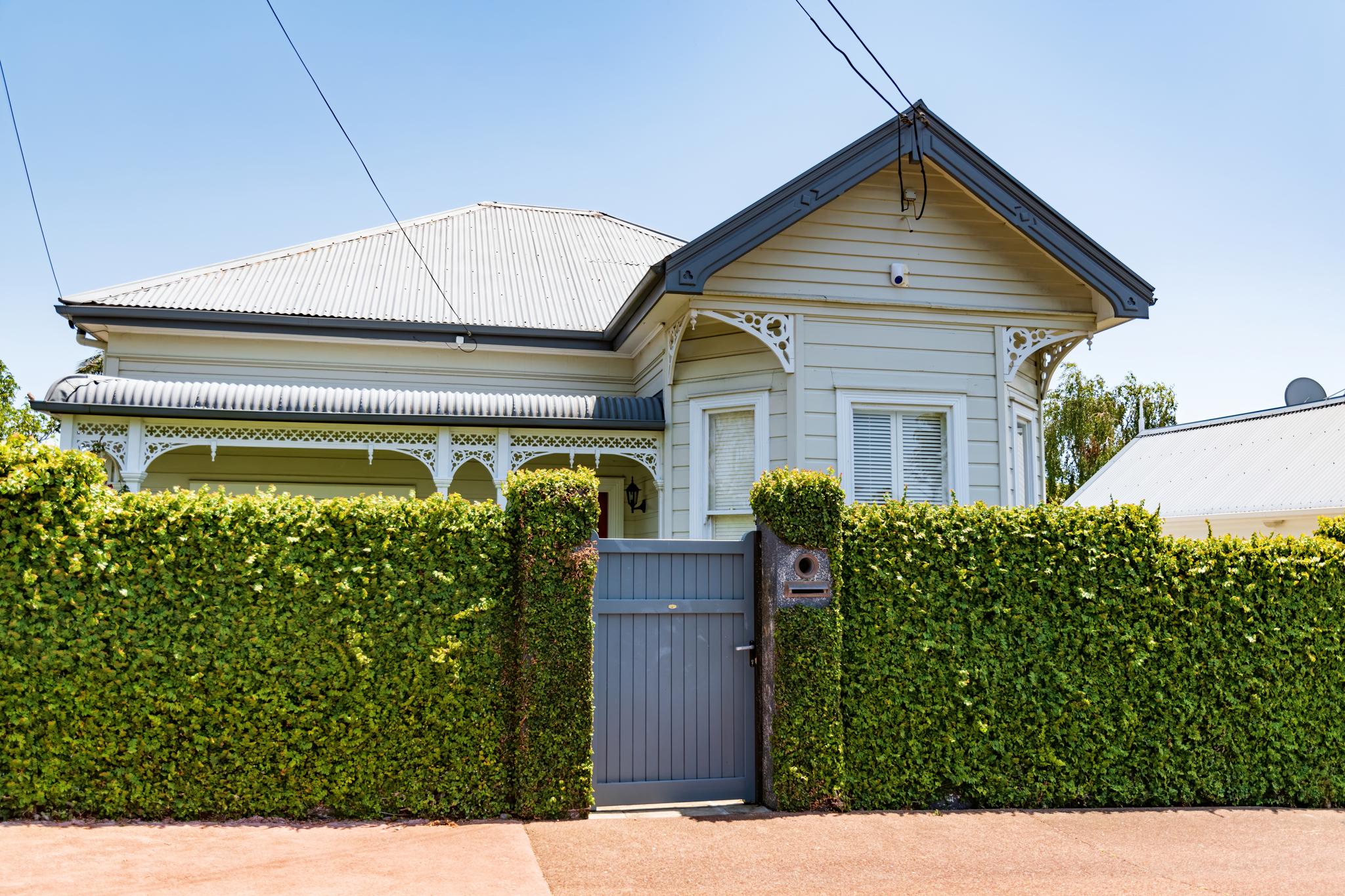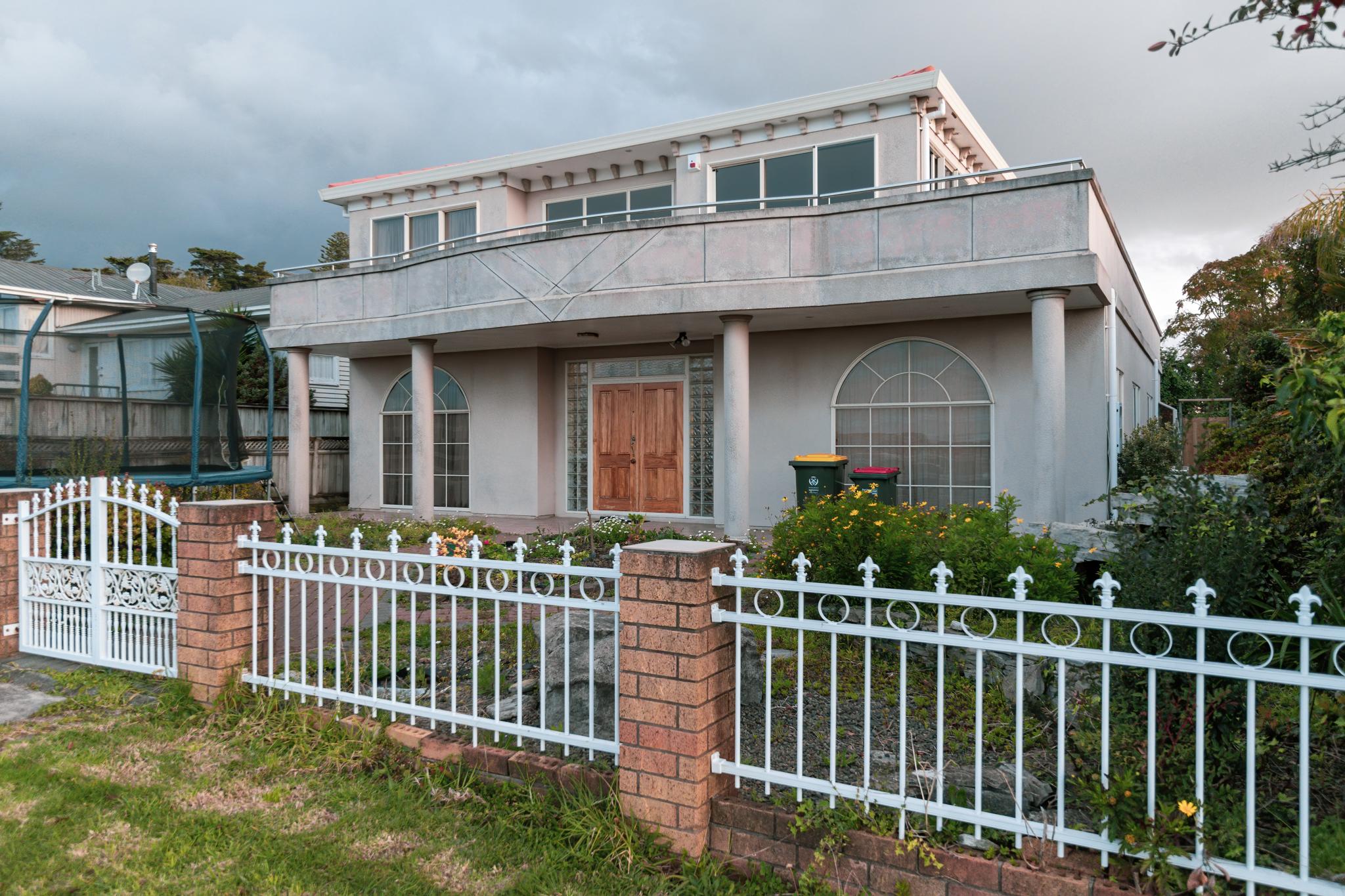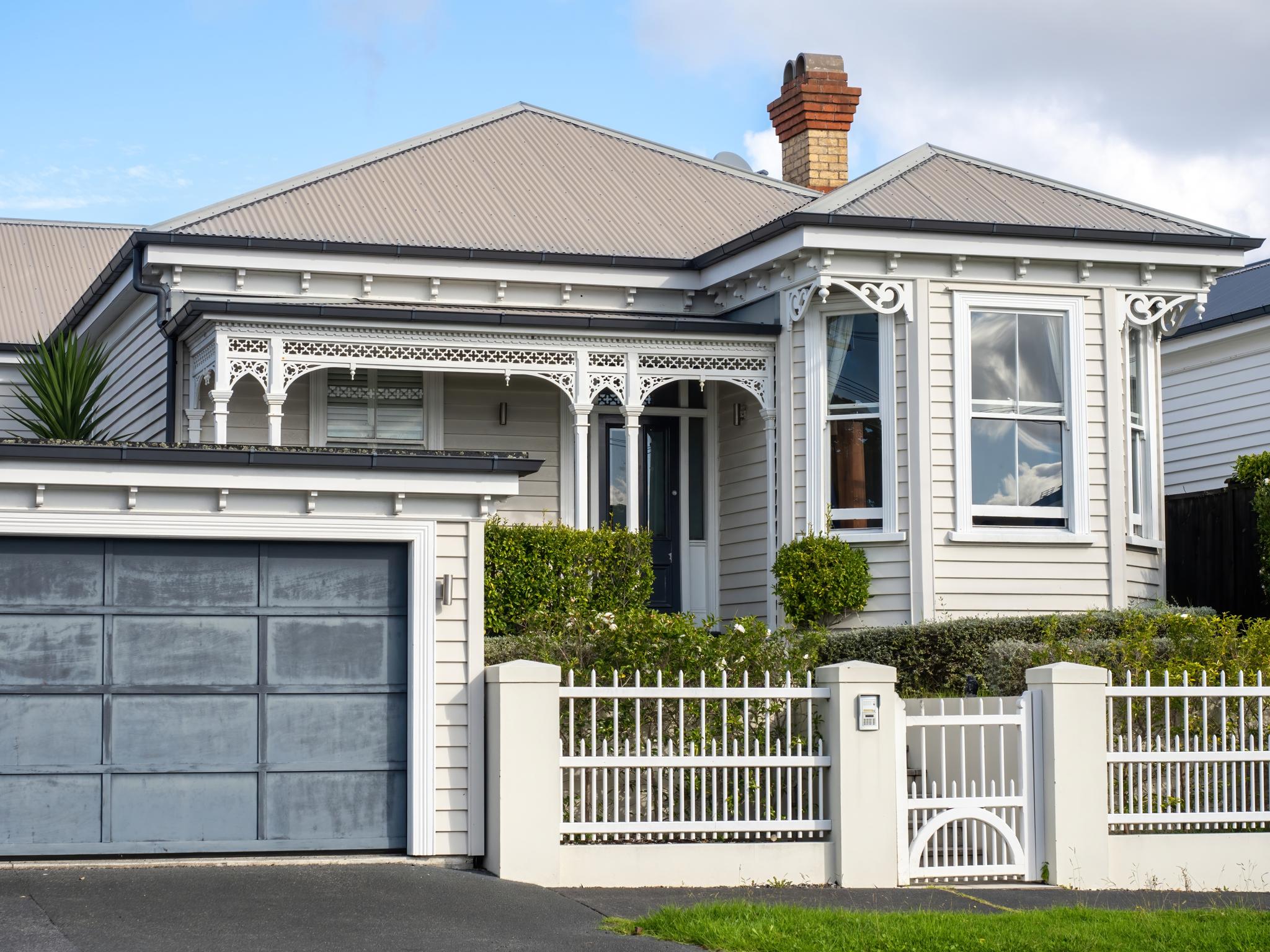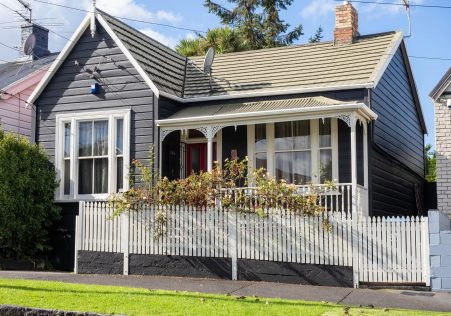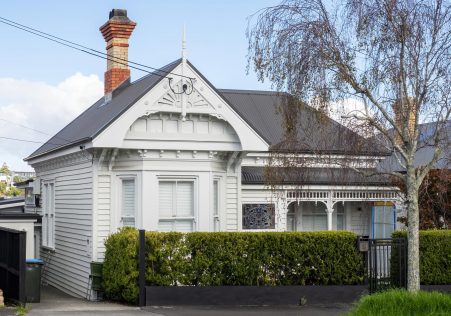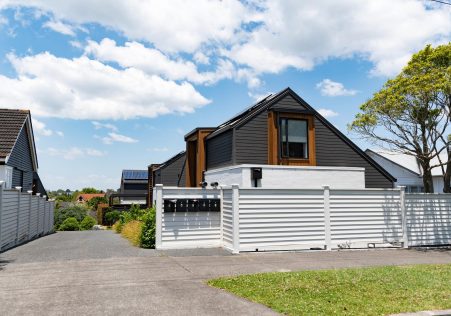What We Do
As building inspectors, we deal with all the elements that come with expert home examinations. We’re here to ensure that you make the best decision when purchasing your next property.
We value your money and conduct detailed inspections so you won’t be faced with any costly or unexpected expenses, which means you are able to relax and focus on the fun parts of purchasing or owning a home.
We offer a wide range of solutions to ensure you are fully updated on the condition of any property you may be contemplating buying or selling along with other solutions.
Not only do we collaborate with you, but we also collaborate with a number of important clients such as bank branches, local councils, and insurance firms. Evidently they like their reassurance provided, because of the information contained provided in our building inspection reports.
We have a systematic approach to inspecting your property and the latest software technology with digital photos embedded into the report, you can actually see any issues that may be discovered. Through our detailed report, it’s no wonder we receive so many referrals from clients our service to family members and acquaintances.
Have Peace of Mind - Get in Touch
